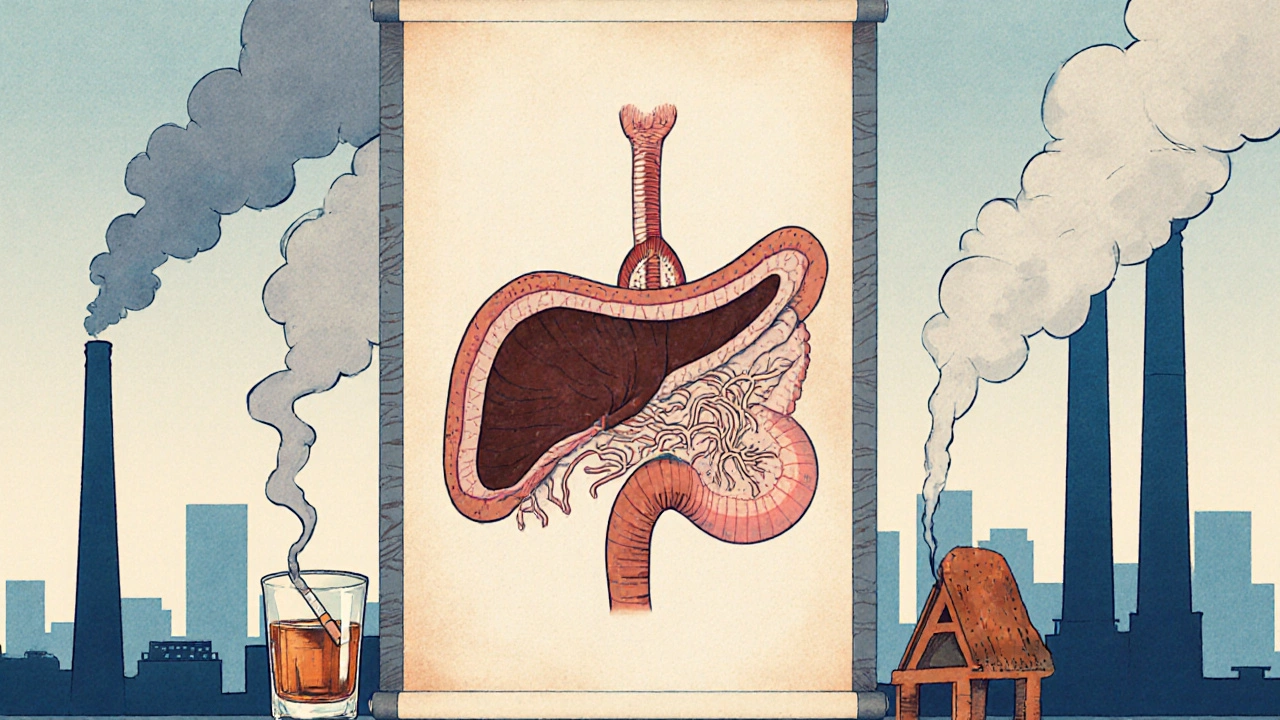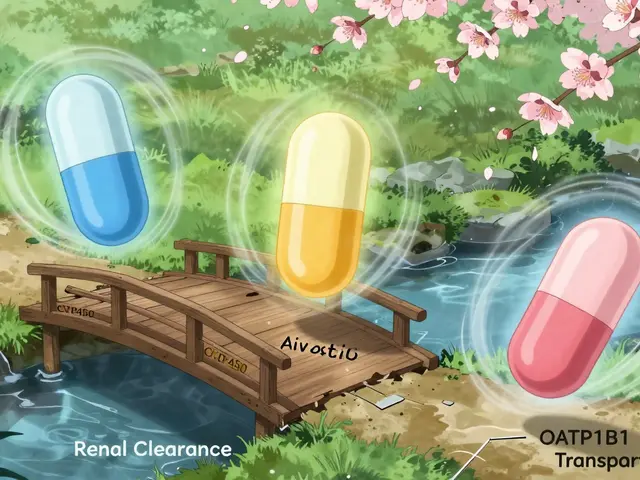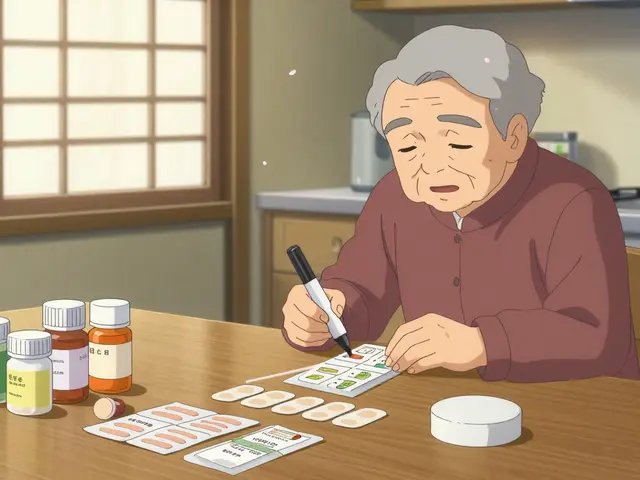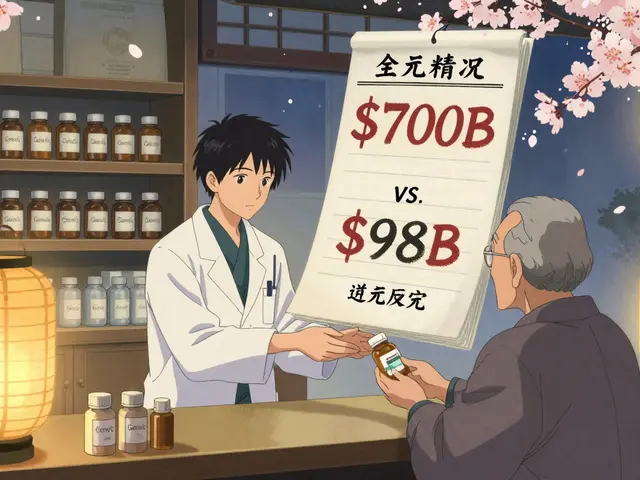Cancer Epidemiology: Understanding Who Gets Cancer and Why
When we talk about cancer epidemiology, the scientific study of how, when, and why cancer occurs in populations. It's not just about counting cases—it's about finding patterns in who gets sick, where, and under what conditions. This field connects dots between lifestyle, environment, genetics, and healthcare access to show why some groups have higher cancer rates than others.
Cancer risk factors, the conditions or behaviors that increase the chance of developing cancer are the backbone of this work. Smoking, UV exposure, poor diet, and chronic infections like HPV are well-documented drivers. But it’s not always obvious—some risks show up decades later, others hit harder in certain communities. For example, prostate cancer rates are higher in Black men in the U.S., and stomach cancer is more common in parts of Asia due to dietary habits and H. pylori infection. These aren’t random. They’re clues.
Cancer prevention, the practice of reducing cancer incidence through early action only works when we know what to target. That’s where epidemiology steps in. If data shows that people who eat processed meats regularly get more colorectal cancer, public health advice changes. If screening programs in rural areas cut cervical cancer deaths by 40%, we know what works. It’s not guesswork—it’s evidence. And that evidence comes from tracking thousands, sometimes millions, of people over years.
What you’ll find in these posts isn’t theory—it’s real-world insight. You’ll see how treatments for prostate cancer tie into long-term survival trends, how chemotherapy affects fertility in young patients, and why access to care makes a life-or-death difference in sickle cell anemia and rhabdomyosarcoma cases. These aren’t isolated stories. They’re pieces of the same puzzle. Cancer epidemiology doesn’t just describe the problem—it shows us how to fix it. And that’s what these articles deliver: clear, practical understanding of how cancer moves through populations, who it hits hardest, and what we can do about it.
Pancreatic Cancer and the Environment: Exploring the Link
Explore how smoking, diet, pollution, and other environmental factors influence pancreatic cancer risk and learn practical steps to lower your odds.






